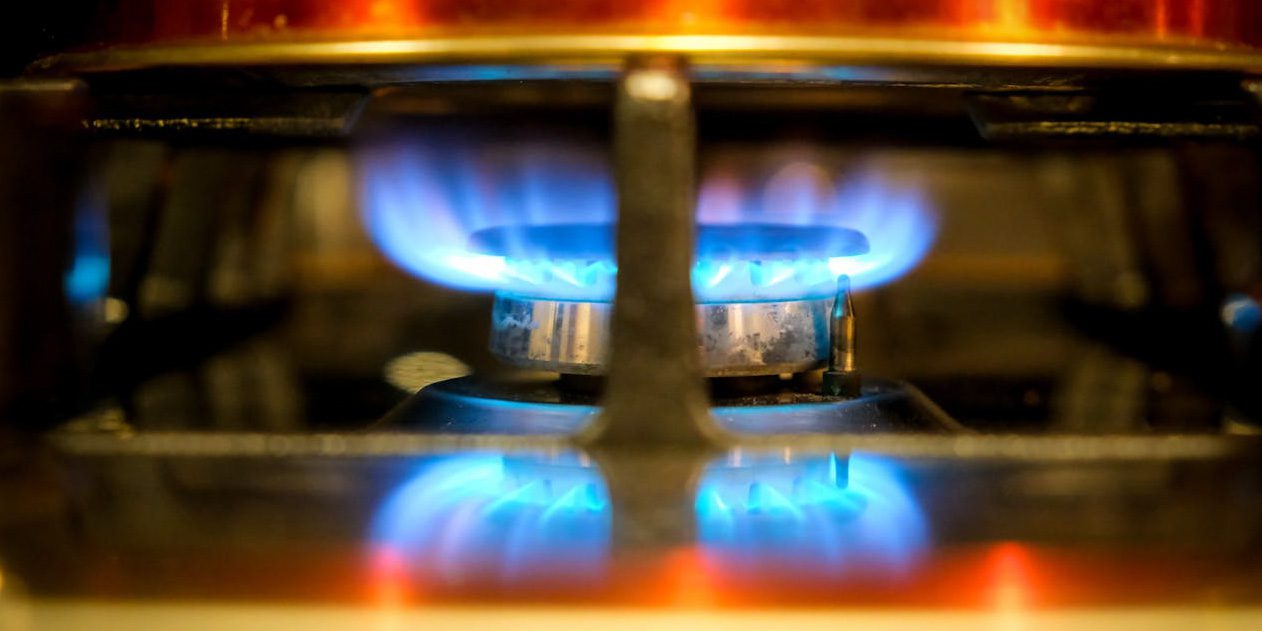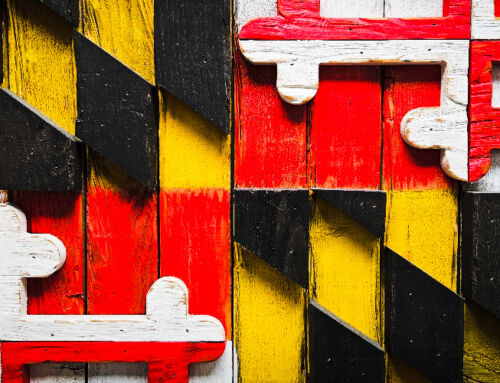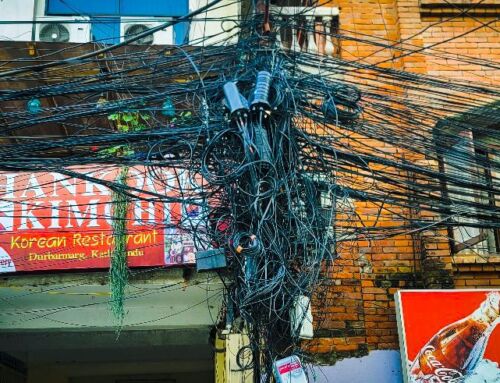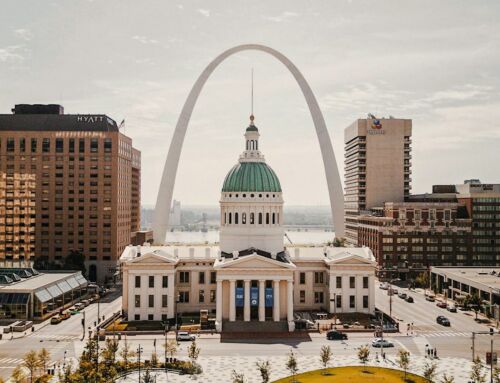View by Topic
Recent Articles
-
New Environmental Laws from the 2024 Maryland Legislative SessionSaturday, April 27th, 2024
-
EPA Designates PFOA and PFOS as Hazardous Substances under Superfund LawSaturday, April 20th, 2024
-
Federal Government Finalizes New Efficiency Standards for LightbulbsSaturday, April 13th, 2024
-
2024 IECC is Final After Addressing Preemption IssuesSaturday, April 6th, 2024
-
Settlement Portends Broad Failure in Attempts to Ban Natural GasSaturday, March 30th, 2024
View by Month/Year
“Green Building Law Update” Headlines
Recent Articles & News from
Stuart Kaplow’s blog
at GreenBuildingLawUpdate.com
- EPA Takes Action: PFOA and PFOS Now Hazardous Substances Under Superfund Law April 21, 2024
- Shedding Light on the Future: The Evolution of Lightbulbs in the Wake of New Energy Efficiency Standards April 14, 2024
- 2024 International Energy Conservation Code is Final After Addressing Preemption April 7, 2024
- Settlement Portends Broad Failure in Attempts to Ban Natural Gas March 31, 2024
Subscribe to the Green Building Law Update!
Stuart Kaplow brings his expertise and extensive experience to the table with his unique digital publication, "Green Building Law Update". Subscribers receive regular updates to keep them informed about important issues surrounding Environmental Law, Green Building & Real Estate Law, as well as the emerging demand for Environmental Social Governance (ESG).
Get fresh content through the lense of Stuart Kaplow's cutting-edge expertise, innovative commentary and insider perspective. Don't miss another issue! Subscribe below.

Settlement Portends Broad Failure in Attempts to Ban Natural Gas
The City of Berkeley is going to repeal its regulation that prohibits the installation of natural gas piping within newly constructed buildings.
Last week the California Restaurant Association announced that the group and the City of Berkeley entered into a settlement agreement immediately halting enforcement of the City’s ‘first in the nation’ ban on natural gas piping as the City Council takes steps to repeal the 2019 ordinance after the U.S. Court of Appeals for the 9th Circuit refused to reconsider its 2023 ruling that the ban is “without effect” as preempted by Federal law under the Supremacy Clause of the U.S. Constitution.
Berkeley’s city attorney, Farimah Faiz Brown confirmed to print media sources that the city has ceased enforcement of the ban.
This government surrender has significant negative implications for other state and local laws across the country that would have the effect of banning the use of natural gas in favor of the cause célèbres, all electric buildings.
That forced retreat was buttressed, in the same week by the March 18, 2024 vote by the International Code Council Board of Directors on the 2024 International Energy Conservation Code to move mandatory all electric building provisions in the proposed code to a non-mandatory appendix (.. more on this below).
We blogged on January 2, 2024, Federal Appeals Court Delivers Coup De Grace in Berkeley Attempt to Ban Natural Gas, when the Ninth Circuit, which the Court had last year found regulations having the effect of banning natural gas were expressly preempted by federal statute, when that court denied a petition to rehear the case.
The law is clear. Nearly everything important can be gleaned from the first paragraph of that January opinion,
“By completely prohibiting the installation of natural gas piping within newly constructed buildings, the City of Berkeley has waded into a domain preempted by Congress. The Energy Policy and Conservation Act (“EPCA”), 42 U.S.C. § 6297(c), expressly preempts State and local regulations concerning the energy use of many natural gas appliances, including those used in household and restaurant kitchens. Instead of directly banning those appliances in new buildings, Berkeley took a more circuitous route to the same result. It enacted a building code that prohibits natural gas piping in those buildings from the point of delivery at a gas meter, rendering the gas appliances useless.”
You could also read our blog post from last year, after the original decision in this case, describing that attempts by state and local governments to ban natural gas in buildings in favor of all electric buildings are superseded by federal law, under the Supremacy Clause, Court Saves Gas Stoves from the Government.
Naysayers had suggested the Ninth Circuit’s second opinion in this challenge, denying the motion to reconsider, was somehow weaker or stepping back from the unequivocal finding of express federal preemption, but this settlement takes the wind out of their sails. The new text in the reissued court opinion in January includes, “that the Berkeley ordinance cut to the heart of what Congress sought to prevent – state and local manipulation of building codes for new construction to regulate the natural gas consumption ..”
To be clear, that amended opinion leaves no doubt, .. based on its text, structure, and context, that EPCA expressly preempts building codes like Berkeley’s ordinance that ban natural gas piping within new buildings. EPCA’s preemption provision extends broadly including to regulations that address gas fueled appliances themselves and building codes that concern the use of natural gas. By enacting EPCA, Congress ensured that States and localities could not prevent consumers from using energy in their homes and businesses. In this instance, EPCA thus preempts Berkeley’s building code, which prohibits natural gas piping in new construction buildings from the point of delivery at the gas meter.
That analysis is precisely what the ICC Board of Directors said it considered in the internal appeals of the proposed 2024 IECC as it explained its actions regarding the prescriptive all electric building, “.. provisions in the draft IECC codes were federally preempted [by EPCA]. Where the Board determined there was a significant risk of preemption based on case law or the Board had concerns about the ability to comply with provisions using minimum efficiency equipment, the Board decided to move those provisions to a resource with a cautionary note regarding the risk of preemption.”
Moreover, it is beyond dispute from the opinion that EPCA’s preemptive scope extends beyond regulations of covered products or building codes, but also expressly includes “concerning the energy use” within buildings that contain such products, delivering a fatal blow to state and local government attempts to regulate site Energy Use Intensity (EUI) in building energy performance standards and the like. Lest there be any doubt, to ascertain what Congress meant by “energy use,” we turn to the statutory definitions. EPCA defines “energy use” as “the quantity of energy directly consumed ..” and preempts states and local governments from regulating it, whether it is disguised as a building energy performance standard site EUI or otherwise.
As we concluded an earlier blog post, “.. the only question may be how quickly extremist regulatory schemes like Maryland’s building energy performance standards regulations, with the concomitant ban of natural gas, even in existing buildings, and imposing penalties for exceeding arbitrary EUI maximums, will be vanquished.” The Maryland regulations seek not only to ban new natural gas pipe installations but to force the replacement of existing gas appliances and removal of gas piping from existing buildings (.. far more than Berkeley intended to do) and unquestionably preempted by EPCA. Of import, BEPS is on “Hold” in Maryland as a result of action by the legislature (.. not the courts) to examine more closely these issues.
The Berkeley settlement halting enforcement of the City’s ban on natural gas piping and the ICC vote eliminating the all electric building mandate from the 2024 IECC, within days of each other, portend the immediate and long term failure of state and local governments’ attempts to ban natural gas in homes and businesses.
____________________
Join us for our upcoming Strafford live webinar, “Greenhouse Gas Emission Laws Now Impact Commercial Leases” on Thursday, May 2, at 1 pm ET. Click this link for more information.









